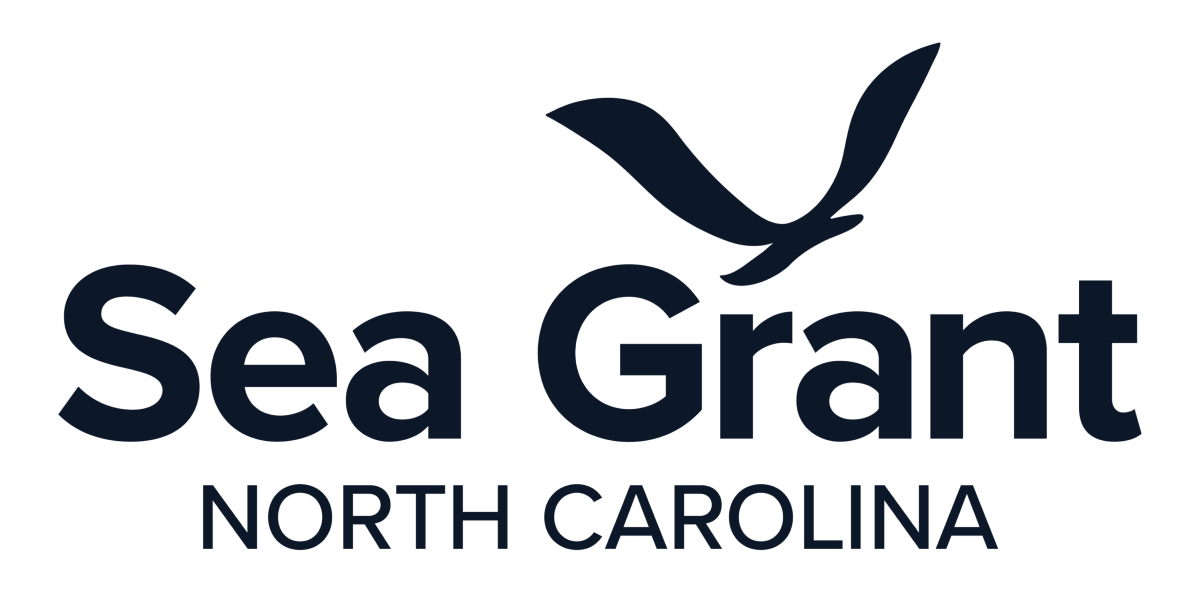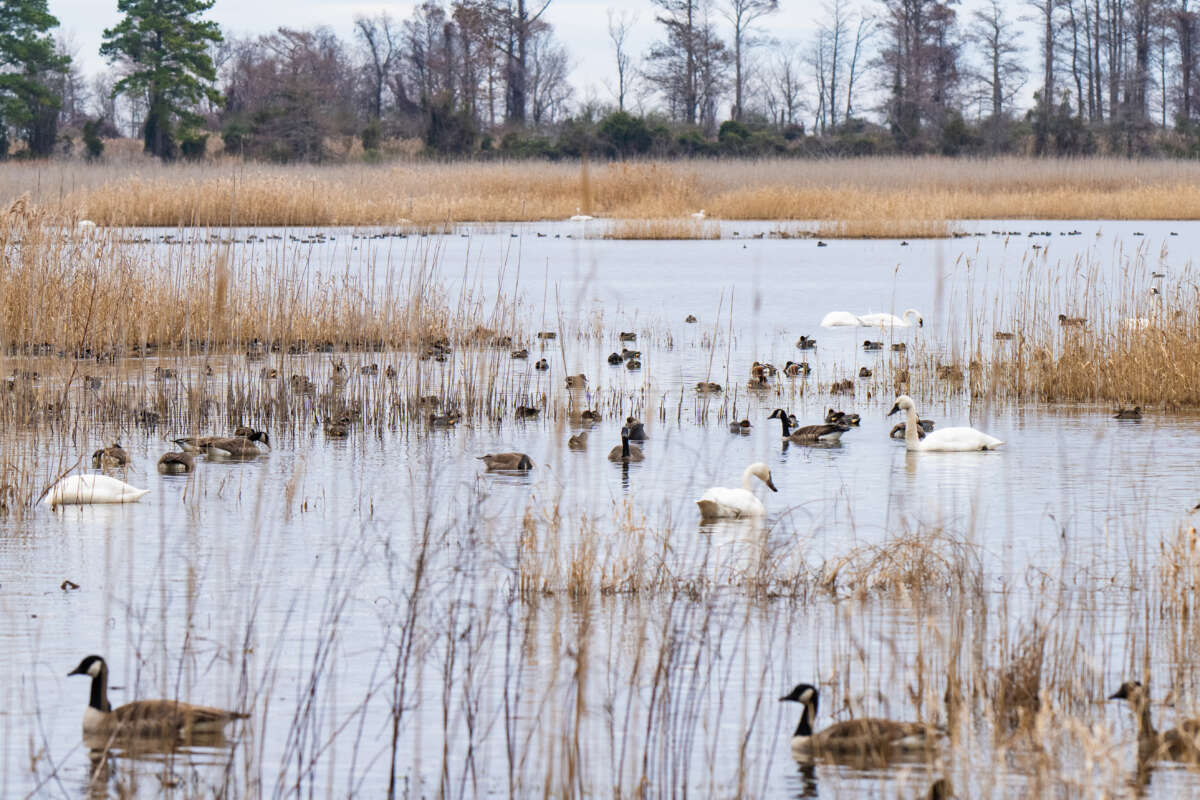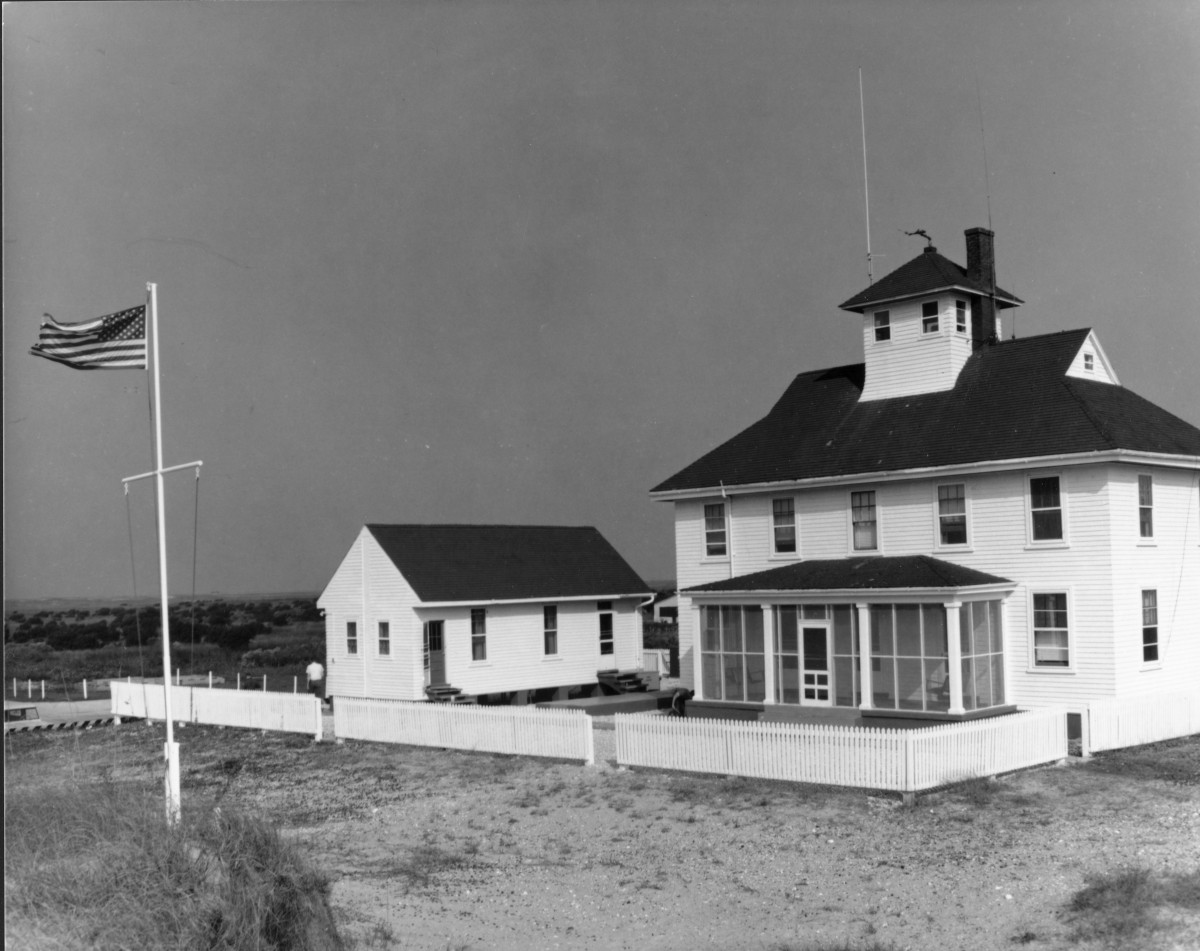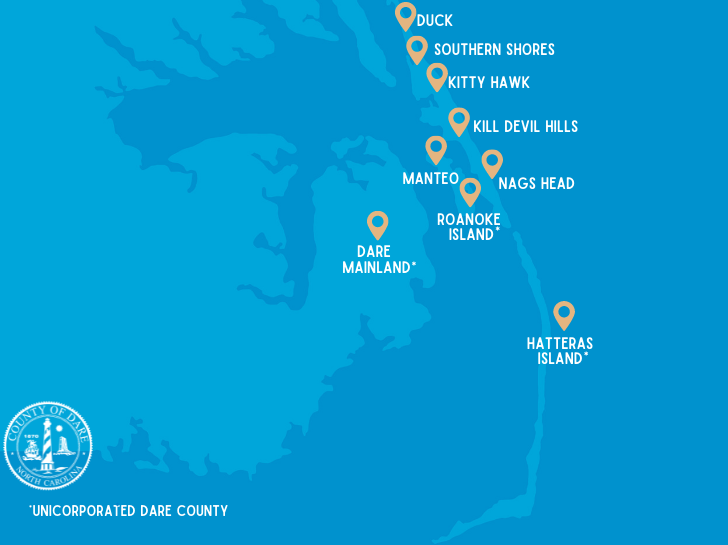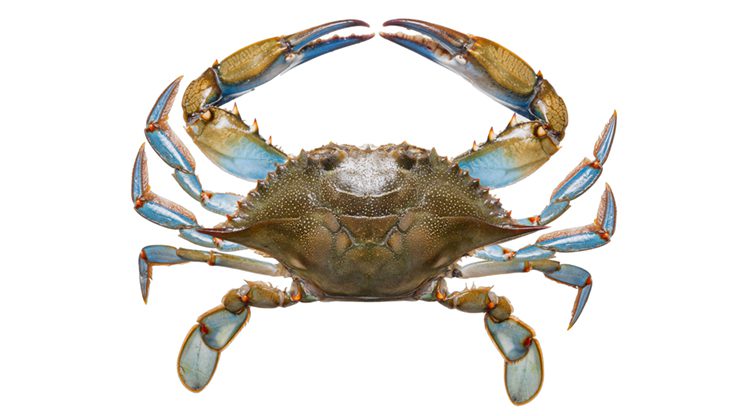
Update Nov. 19: According to an updated agenda document on the Marine Fisheries Commission webpage, the previously listed action item to consider adopting management strategies developed as part of the adaptative management framework for the Blue Crab Fishery Management Plan Amendment 3 during this week’s meeting has been removed.
Original post Nov. 14 “Fisheries to vote on proposed blue crab harvest rules” follows:
Supporter Spotlight
The coastal county lawmakers that formed a new group to support commercial fishing have submitted a resolution opposing more restrictions on the commercial harvest of blue crabs ahead of the Marine Fisheries Commission Nov. 19-20 meeting in Wrightsville Beach.
The Marine Fisheries Commission is expected to consider adopting management strategies developed as part of the adaptative management framework for the Blue Crab Fishery Management Plan Amendment 3.
Those proposed strategies were discussed extensively during the third meeting of the North Carolina Coastal Counties Fisheries Coalition held Nov. 5 in Morehead City, when the members approved the resolution opposing any further restrictions until the 2026 blue crab stock assessment is completed.
Amendment 3 was adopted in 2020 “to end overfishing and achieve sustainable harvest in the blue crab fishery,” Division of Marine Fisheries documents state. The original plan was adopted in December 1998 with the intention to manage the species, and amended in 2004 and again in 2013. The division acts as staff to the commission.
Amendment 3 is nearly halfway through the legislatively mandated 10-year stock rebuilding period “with little evidence suggesting management measures have been successful in ending overfishing or achieving sustainable harvest,” documents continue. The adaptive management framework in the amendment 3 is being “used to implement management measures projected to reduce fishing mortality (F) closer to the F target and rebuild the spawning stock closer to the spawner abundance target with greater than 50% probability of success.”
Supporter Spotlight
Current rules include closures Jan. 1-31 north of the Highway 58 bridge in Carteret County and March 1-15 in waters south of the bridge, and a 5-inch minimum size for mature females.
Staff propose starting Jan. 1, in addition to existing closures, prohibiting crab trawling statewide year-round. For waters north of the Emerald Isle bridge, a 30-bushel trip limit would be put in place from September to December, and for south of the bridge, a 15-bushel hard crab trip limit from September to December.
“These recommendations should be viewed as a first step rather than a comprehensive solution. Recommendations are based on a stock assessment that indicated the stock was overfished and overfishing was occurring but has a terminal year of 2016. Fishery-independent stock indicators suggest stock status has not improved since then,” agenda documents state.
The division has begun the process of developing a new benchmark stock assessment that should provide an updated stock status, and a review of the blue crab fishery management plan is scheduled to begin in 2026, “at which time comprehensive management will be explored. Until then, Amendment 3 management, including adaptive management and changes made through adaptive management will remain in place,” documents continue.
The N.C. Coastal Counties Fisheries Coalition was put in motion this past summer by Dare County Chairman Bob Woodard after a proposed rule to ban shrimp trawling in some North Carolina waters worked its way through the Senate. The House decided not to take action on the bill.
Elected officials and staff representing Beaufort, Brunswick, Carteret, Camden, Chowan, Craven, Currituck, Dare, Hertford, Hyde, Onslow, Pasquotank, Perquimans, Tyrrell and Washington counties were invited to join the group that has met twice, on Aug. 5 and Sept. 16.
Currituck County Commissioner Janet Rose explained to the coalition during the Nov. 5 meeting that she has spoken with watermen in her area who are now crabbing, and they’ve been catching 50 to 60 bushels a day.
“If they’re cut to 30 bushels next year, that’s a 40 or 50% cut,” Rose said, adding that this reduction is going to hurt crab picking houses, and the towns that rely on them.
Woodard shared a resolution Dare County passed that week opposing the blue crab restrictions with the hope “that each county will adopt something similar with respects to the proposed blue crab harvest restrictions,” before the group decided to draft its own resolution to submit to Marine Fisheries Commission before the meeting.
Glenn Skinner, who is executive director of the N.C. Fisheries Association, was brought in as a consultant to the coalition.
He told the group that there’s a lot going on behind the scenes, but “I think the most important thing here is we do not have a stock assessment.”
They tried last year to update the stock assessment that was used for the last management measures “and when they added a few extra years of data, for lack of a better word, it went haywire and they determined it could not be used. So, we do not have a stock assessment for blue crab. Therefore, we do not have a stock status to say if it’s overfish or if over fishing is occurring.”
At this time what the division needs to do is to produce a reliable stock assessment for blue crab if that’s possible, Skinner said. “I doubt that in many ways that that’s possible because I think they lack a lot of the data they need. But that hurdle in my opinion has to be overcome before you start regulating the most valuable commercial fishery in this state.”
Marine Fisheries Commission meeting details
The commission meeting will begin at 1 p.m. Wednesday and resume at 9 a.m. Thursday at the Holiday Inn Resort Lumina. The public can attend in person or view the the livestream on YouTube. Public comment sessions are at 6 p.m. Wednesday and at 9 a.m. Thursday.
Other fisheries agenda items include the following:
- A presentation on the history of southern flounder management in North Carolina through Amendment 5.
- An analysis of southern flounder in North Carolina waters using the division’s fishery-independent sampling data.
- A presentation on upcoming management changes for striped bass in the Tar-Pamlico and Neuse rivers.
- An overview of reporting options available for the new reporting requirements for recreational and commercial fishermen that go into effect Dec. 1.
- A demonstration of the new electronic license and statistics annual report
- An update on the proposed framework and timeline for the 2026 revision to the Coastal Habitat Protection Plan.
The full agenda and associated materials are on the Marine Fisheries Commission Meetings webpage.
The deadline for written comments is 4 p.m. Monday and can be submitted through an online form; mailed to Marine Fisheries Commission Meeting Comments, P.O. Box 769, Morehead City, N.C. 28557; or dropped off at the Division of Marine Fisheries headquarters in Morehead City.



